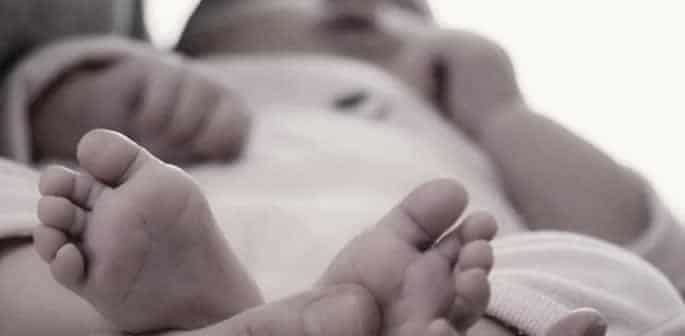"too many children face significant challenges from birth"
A new study of NHS neonatal units across England and Wales has revealed stark disparities in survival rates among babies admitted for specialist care, with ethnicity and socio-economic background playing a major role.
The analysis, published in The Lancet Child and Adolescent Health and led by the University of Liverpool, examined data on more than 700,000 babies admitted between 2012 and 2022.
Supported partly by the NIHR, it is the first UK study to assess inequalities in neonatal care across all stages of pregnancy while accounting for maternal and birth-related factors such as preterm birth and illness severity at admission.
The study found that babies born to mothers from the most deprived areas had a 63% higher risk of dying before discharge compared with those from the least deprived areas.
Even after adjusting for deprivation and maternal and birth factors, this elevated risk persisted.
Babies born to mothers of Black ethnicity consistently faced the highest mortality rates throughout the study period, with an 81% higher risk of death compared with babies of White mothers.
The risk remained elevated even after factoring in socio-economic and birth-related variables.
Babies of Asian mothers also experienced a 36% higher risk of death than those of White mothers.
The study concluded that deprivation and ethnicity independently affect newborn survival in neonatal units, meaning one cannot explain away the impact of the other.
Lead author Samira Saberian, a PhD student in the Health Inequalities Policy Research Group at the University of Liverpool, said:
“Our analysis shows that socio-economic and ethnic inequalities independently shape survival in neonatal units and maternal and birth factors explain only over half of the socio-economic and ethnic inequalities.
“To reduce these inequalities, we need integrated approaches that strengthen clinical care while also tackling the wider conditions affecting families.
“By improving services and addressing the root drivers of inequality, we can give the most vulnerable babies a better chance of survival.”
David Taylor-Robinson, Professor of Public Health and Policy, and WH Duncan, Chair in Health Inequalities, added: “Our Labour Government has pledged to create the healthiest generation of children in our nation’s history.
“Yet our findings reveal, in stark detail, that even in 2025, too many children face significant challenges from birth – and for some, even before they are born.
“I hope this evidence drives real action to address the wider factors that shape health outcomes.”
“Our research also highlights how existing biases and injustices in society are reflected in clinical settings, disproportionately affecting women and babies.
“These are inequalities we cannot afford to ignore.”
The authors stress that these findings have significant implications for policy and practice.
They recommend urgent measures to improve socio-economic conditions for women during the perinatal period, provide support to reduce smoking in pregnancy, strengthen the maternity and neonatal workforce, and embed culturally sensitive interventions for groups at higher risk of poor neonatal outcomes.






























































